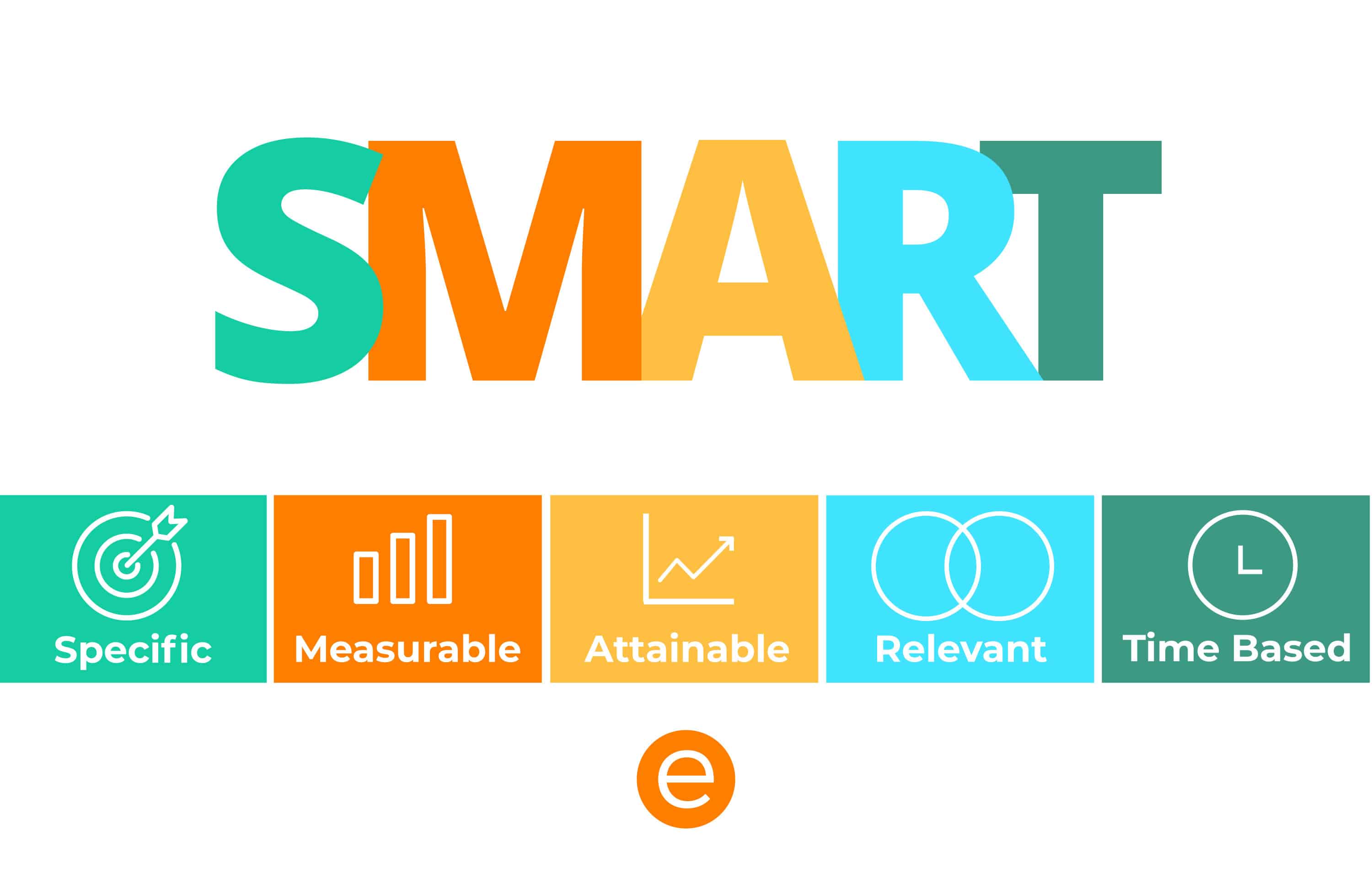Happy New Year from Lifedge! As we head into the new year, we know many people (including us!) are thinking about resolutions, goals, and dreams. Have you made a list of any aspirations or hopes for this next year?
As we face the year ahead, we thought it would be interesting to look up some of the top resolutions that people make. Here are some of the most popular ones that we found:
Most common New Year’s resolutions:
- Exercise more
- Lose weight/eat healthier
- Be less stressed
- Learn a new skill or hobby
- Get out of debt/save money
- Quit smoking
- Get organized
- Volunteer
- Spend more time with family and friends
- Travel more
- Read more
Do any of these sound familiar? Most of us have purposed to do at least a few of these things at one time or another. The problem is that usually, New Year’s resolutions just don’t seem to stick. We start off the year with great intentions, but often our motivation quickly pitters out.
Too often, resolutions are vague, too difficult, or not actually all that helpful. They sound great on paper, but when the rubber hits the road, it’s easy to talk ourselves out of putting in the work to make them happen.
Instead of making resolutions, try making goals
Do you remember our previous post about SMART goals? SMART goals are specific, measurable, attainable, relevant, and time-based. When a goal meets these criteria, it’s much more likely to actually be accomplished.
This year, we’d love to encourage you to choose some SMART goals instead of making resolutions. Let’s look at a few examples from above to see how we could transform a resolution into an achievable goal.
- Instead of, “Exercise more”, try choosing a goal such as, “Go to the gym for 30 minutes per day, 3 days per week for the entirety of 2022.”
- In lieu of “Get organized”, try something like, “Donate any article of clothing that hasn’t been worn in the last year. Then, mark all of the drawers and shelves in my bedroom so that everything has a place. Complete this by the end of March.”
- Instead of “Volunteer”, try, “Make a list of 5 organizations I’m interested in. Research them and decide on one or two by the end of January. Then, spend two hours volunteering each week.”
Here are some questions to ask yourself when making SMART goals. If a goal isn’t SMART, adjust it or throw it out!
- Specific – Do you have a clear goal? A goal that’s vague is hardly a goal at all.
- Measurable – Will you be able to track your progress? Will you know when you’ve reached your end goal?
- Attainable – Is it within your means to accomplish the goal?
- Relevant – In regards to your life or career, does this goal make sense?
- Time-based – Can you set a specific, target timeframe in which your goal should be completed?

Go get ‘em!
We think you’ll find that when your goals are specific, measurable, attainable, relevant, and time-based, you’ll be amazed at how much you can really accomplish.
Let us know some of your SMART goals for the coming year!










0 Comments